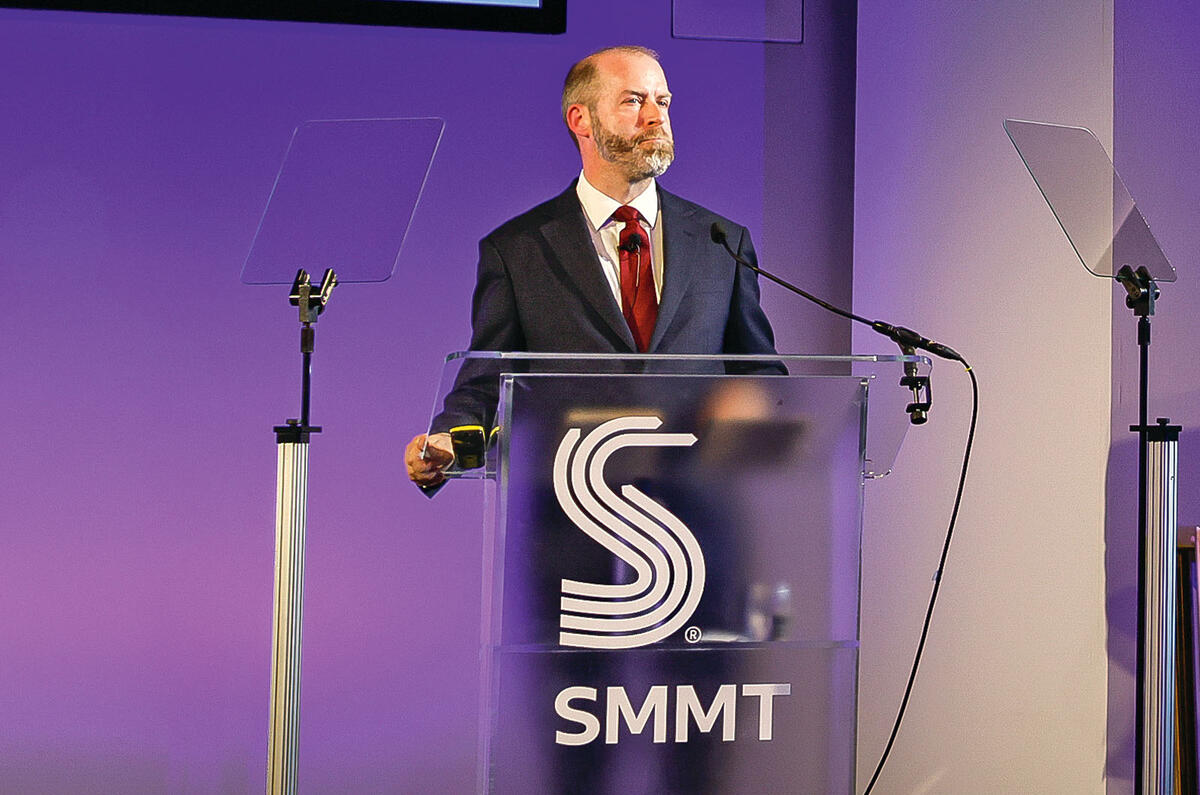Three months ago, Society of Motor Manufacturers and Traders boss Mike Hawes said it “felt like you were being punched on all sides”.
But the government’s new UK Modern Industrial Strategy is one of a number of developments that makes Hawes “a bit more optimistic” about the future.




Add your comment